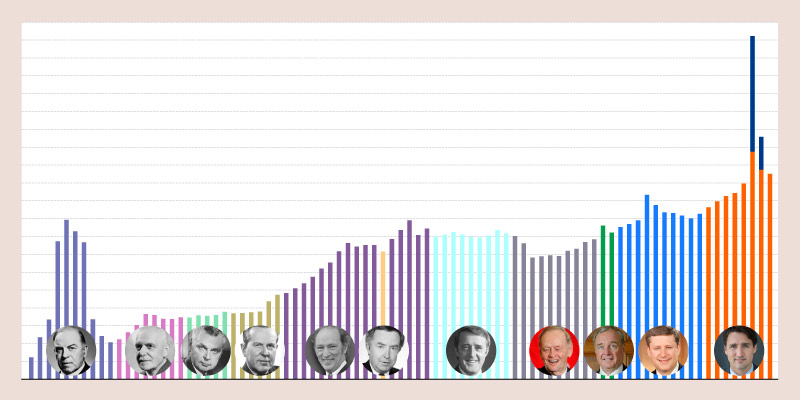Northern Light
Superstar
What facts? Can you cite the post where you provided evidence that STRs were a problem in cottage country? I must have missed it.
As stated, you agree with regulating STRs in urban areas; I argue simply that the policy should apply uniformly which I think should be the default for all legislation except where evidence is provided that this would be demonstrably unfair.
By default, Canadian Law (national) applies to all of Canada, except where explicitly laid out otherwise.
Notwithstanding the above, I have previously posted 3 citations in thread, on p.501 in 2 different posts, which address the issue of the impact of STR regulation (number of impacted owners); and the generally affordability of the market to low income earners including (highlighted in article) those of diverse backgrounds.
But let me add some more elucidation on the adverse impacts of STR in cottage country:

THE BIG READ: How short-term vacation rentals are ruining the neighbourhood
Living next door to a ‘ghost hotel’ has become a nightmare for many Ontario homeowners. Cities and towns across the province are struggling to keep the peace without turning away tourists

Cottage-country municipalities, rental owners respond to federal government's rumoured plans to limit STRs
Some cottage country municipalities in Ontario have mixed responses to the federal government’s rumoured plans to incentivize municipalities to introduce
Specifically on the subject of housing availability and affordability:







